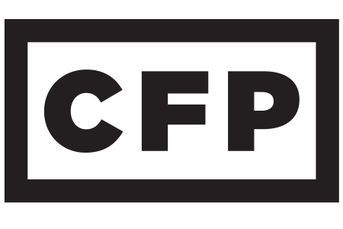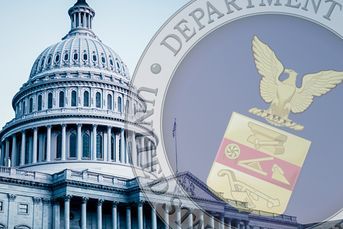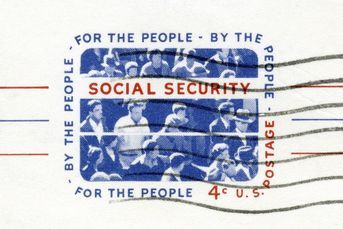Action must be taken to make Finra more accountable
The SEC or Congress should consider forming an independent commission to consider Finra's future.
The Financial Industry Regulatory Authority Inc.’s mission is to protect investors from fraud and bad practices. It does this by writing and enforcing rules and regulations governing the nation’s 3,700 broker-dealers and the 631,000 brokers who are affiliated with them.
Finra expects its members to operate with complete transparency, especially when it comes to the products and services they offer to investors. Finra is also diligent about exposing the transgressions of broker-dealers through its BrokerCheck system.
(More: Who’s watching the watchdog? InvestmentNews’ investigative look into a lack of accountability at Finra.)
So why is it so difficult for Finra to be transparent about its own internal operations? Why does Finra hold board meetings behind closed doors? Why does it offer scant details about how it spends the hundreds of millions it collects each year in the form of fines and membership fees?
The simple answer is that Finra is allowed to operate with impunity. Technically, Finra is overseen by the Securities and Exchange Commission. But there’s little evidence to suggest the SEC is keeping a close eye on how Finra operates.
REPUTATION FOR BULLYING
In recent years, Finra has earned the reputation of schoolyard bully, threatening and intimidating member firms to pay hefty fines or face its wrath. Few broker-dealers or brokers are willing to talk publicly about the agency’s tactics out of fear of retaliation.
Finra no doubt is aware of its negative image and may be taking steps to change it.
When Finra CEO Robert Cook came aboard last year, he launched a “listening tour,” reaching out to broker-dealers and others inside and outside the brokerage industry to find out firsthand what they thought of the self-regulatory organization.
We don’t know what Mr. Cook learned: In typical Finra fashion, he never issued a report sharing his findings.
But we now have a pretty good idea. InvestmentNews recently launched its own investigation of Finra (this week’s cover story) and found widespread dissatisfaction. In an online survey of 363 readers who are regulated by Finra, nearly half — 48% — said the organization is not doing a good job of regulating brokers, compared with 29% who said that it was. Those taking the survey also gave Finra low marks for fairness, communication, disclosure and fines — both in terms of the number and amounts. While it is not unusual for those being regulated to complain about their regulator, the depth and breadth of their dissatisfaction are noteworthy.
MAJOR CRITICISMS
Major criticisms of Finra have to do with its lack of transparency and accountability. In many respects, it acts like a government agency — if you want to be a broker or operate a broker-dealer, you must join Finra and conform to its rules. But unlike most government agencies, it is not subject to laws that would allow the public to attend its meetings or demand information about its operations. For those running Finra, it is the best of both worlds: It has the regulatory authority with none of the accountability required of public agencies.
Finra’s hefty fines are another matter that has generated sharp rebuke from brokers. Between 2008 and 2016, the average size of fines soared from $48,500 to $278,500, an increase of 474% over that period. Finra’s fine revenue climbed to $173.8 million last year, up from $93.8 million in 2015.
And good luck finding out what Finra is doing with that money. Beyond its comment that it uses fine revenue for “capital projects,” you’ll find out little about it. Unfortunately, that is par for the course. Finra sets its own rules, meets in secret and releases information on its own terms — if at all.
RIPE FOR REFORM
Finra is an organization ripe for reform. Although it is in the process of its own internal review, called Finra 360, meaningful and credible change is more likely to be driven from outside the organization. Either the SEC or Congress should consider forming an independent commission to review whether or not Finra should continue to exist as a self-regulatory organization. Perhaps it is time for the SEC, which is supposed to be overseeing Finra, to take over direct regulatory authority of the brokerage industry.
If Finra is allowed to continue, it should be forced to open its doors and let the sunlight in, observing the same level of disclosure as government agencies. Requiring Finra to open its meetings to the public and to adhere to the Freedom of Information Act would be good first steps.
Learn more about reprints and licensing for this article.








